Tiếng Anh 8 English Discovery Unit 2. Wild nature Từ vựngTổng hợp từ vựng Unit 2. Wild nature Tiếng Anh 8 English Discovery I. VOCABULARY 1. natural disaster /'næt∫rəl di'zɑ:stə/ (n) thảm họa tự nhiên I can talk about the weather and natural disasters. (Tôi có thể nói về thời tiết và thiên tai.) 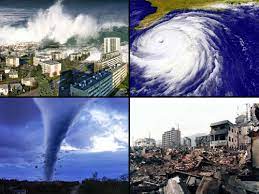 2. 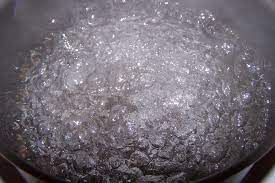 3. 4. (adj) đóng băng They survived for four hours in the freezing water. (Họ sống sót trong bốn giờ trong nước đóng băng.) 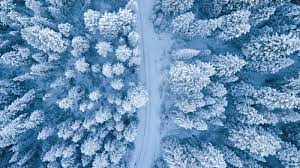 5. (n) bằng cấp/ nhiệt độ This job demands a high degree of skill. (Công việc này đòi hỏi kỹ năng cao.) 6. (pr.) trừ đi That will be $1,500, minus the deposit of $150 that you already paid. (Đó sẽ là 1.500 đô la, trừ đi khoản đặt cọc 150 đô la mà bạn đã thanh toán.) 7. (n) bão nhiệt đới A recent typhoon struck central Viet Nam, affecting millions of people. (Một cơn bão gần đây đã tấn công miền Trung Việt Nam, ảnh hưởng đến hàng triệu người.) 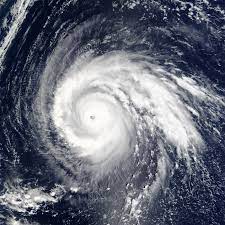 8. (n) hạn hán A severe drought took place this summer in the Mekong Delta region. (Một đợt hạn hán nghiêm trọng đã diễn ra vào mùa hè năm nay ở khu vực đồng bằng sông Cửu Long.) 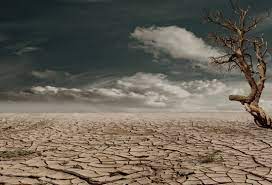 9. (n) động đất Have you ever experienced a drought, a hurricane or an earthquake? (Bạn đã bao giờ trải qua hạn hán, bão hay động đất chưa?) 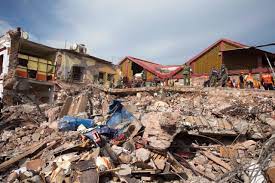 10. (v) ngập lụt Does your local river flood regularly or do you live on the coast in a tsunami zone? (Con sông địa phương bạn có lũ lụt thường xuyên hay bạn sống trên bờ biển trong vùng sóng thần?) 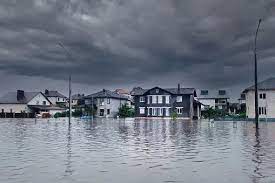 11. (n) bão Have you ever experienced a drought, a hurricane or an earthquake? (Bạn đã bao giờ trải qua hạn hán, bão hay động đất chưa?) 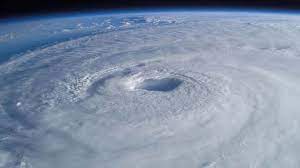 12. (n) sóng thần Many people were swimming in the sea when the tsunami hit the land. (Nhiều người đang bơi trên biển khi sóng thần ập vào đất liền.) 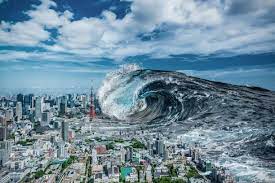 II. GRAMMAR 13. (n) bão You might find storms fascinating or frightening. (Bạn có thể tìm thấy những cơn bão hấp dẫn hoặc đáng sợ.) 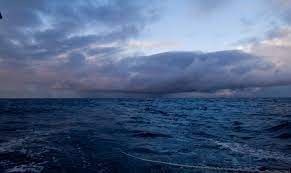 14. 15. (v) bảo vệ, cứu A storm in Venezuela saved the country. (Một cơn bão ở Venezuela đã cứu đất nước.) 16. 17. (n) tia sét Foreign sailors wanted to attack but hey saw strange lightning. (Các thủy thủ nước ngoài muốn tấn công nhưng hey nhìn thấy tia sét lạ.) 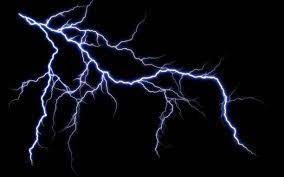 18. pinkish- orange /ˈpɪŋ.kɪʃ ˈɒr.ɪndʒ/ (adj) hơi hồng cam It looked pinkish- orange. (Nó trông hơi hồng cam.)  19. 20. (n) lính In the bright light of the storm, soldiers on land spotted the ships. (Trong ánh sáng rực rỡ của cơn bão, những người lính trên đất liền đã phát hiện ra những con tàu.)  21. (n) lốc xoáy Tropical Storm Alex brought strong wind and rain to the region before becoming a cyclone on Monday. (Bão nhiệt đới Alex đã mang theo gió mạnh và mưa đến khu vực trước khi trở thành lốc xoáy vào thứ Hai.) 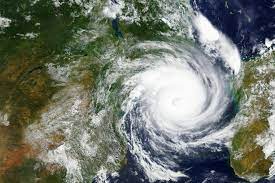 22. (v) gây ra It caused flooding across South Florida. (Nó gây ra lũ lụt khắp Nam Florida.) 23. (n) khu vực Tropical Storm Alex brought strong wind and rain to the region before becoming a cyclone on Monday. (Bão nhiệt đới Alex đã mang theo gió mạnh và mưa đến khu vực trước khi trở thành lốc xoáy vào thứ Hai.) 24. (v) rời khỏi It moved away from the island and continued crossing the Atlantic Ocean. (Nó rời khỏi hòn đảo và tiếp tục băng qua Đại Tây Dương.) 25. (v) ngã xuống A few people fell off the road while they were riding motorbikes from work. (Một số người đi xe máy từ nơi làm việc đã ngã ra đường.) 26. (n) chính phủ The local government asked people to move away from the affected areas. (Chính quyền địa phương đã yêu cầu người dân di dời khỏi khu vực bị ảnh hưởng.) 27. (n) tỉnh In some provinces, they were repairing their houses and cleaning the areas while it was still training. (Ở một số tỉnh, họ đang sửa chữa nhà cửa và dọn dẹp các khu vực trong khi vẫn đang đào tạo.) 28. (n) lượng mưa It caused heavy rainfall of up to 300- 600 mm as well as floods and landslides in 13 provinces of the country. (Nó gây ra lượng mưa lớn lên tới 300-600 mm cũng như lũ lụt và sạt lở đất ở 13 tỉnh của cả nước.) 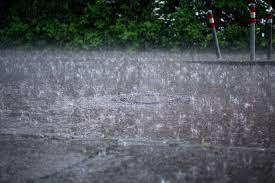 29. (v) hứng chịu This marked the first time in over a decade that these regions suffered from large volumes of rain. (Điều này đánh dấu lần đầu tiên trong hơn một thập kỷ, các khu vực này phải hứng chịu một lượng mưa lớn.) III. READING AND VOCABULARY 30. (v) trải nghiệm Have you ever experienced a drought, a hurricane or an earthquake? (Bạn đã bao giờ trải qua hạn hán, bão hay động đất chưa?) 31. (n) núi lửa Do you live near an active volcano? (Bạn có sống gần một ngọn núi lửa đang hoạt động không?) 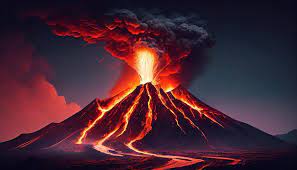 32. (n) ven biển Does your local river flood regularly or do you live on the coast in a tsunami zone? (Con sông địa phương của bạn có lũ lụt thường xuyên hay bạn sống trên bờ biển trong vùng sóng thần?) 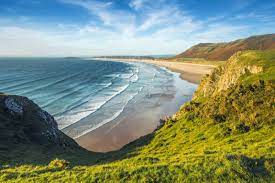 33. (n) bờ sông I live in Zhengzhou on the banks of the Yellow River. (Tôi sống ở Trịnh Châu bên bờ sông Hoàng Hà.) 34. (n) thung lũng 400 million people live in the river valley. (400 triệu người sống ở thung lũng sông.) 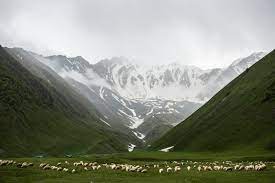 35. 36. (n) con đập Our government is building twenty six dams to control the river and reduce the risks. (Chính phủ của chúng tôi đang xây dựng 26 con đập để kiểm soát dòng sông và giảm thiểu rủi ro.) 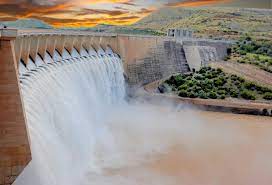 37. (n) rủi ro Our government is building twenty six dams to control the river and reduce the risks. (Chính phủ của chúng tôi đang xây dựng 26 con đập để kiểm soát dòng sông và giảm thiểu rủi ro.) 38. (v) vỡ bờ I’m still worried that it will burst its banks and flood my city. (Tôi vẫn lo lắng rằng nó sẽ vỡ bờ và tràn ngập thành phố của tôi.) 39. (n) bán đảo It’s located on a peninsula, so the city is surrounded by water. (Nó nằm trên một bán đảo, vì vậy thành phố được bao quanh bởi nước.) 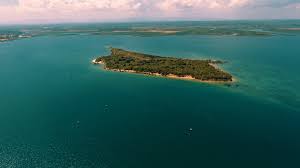 40. (v) xảy ra But the scientist think a major earthquake will strike in the next thirty years. (Nhưng nhà khoa học nghĩ rằng một trận động đất lớn sẽ xảy ra trong ba mươi năm tới,) IV. LISTENING AND VOCABULARY 41. make a fire /meɪk/ /ə/ /ˈfaɪə/ (v.phr) đốt lửa Peter is making a fire to grill the meat. (Peter đang nhóm lửa để nướng thịt.) 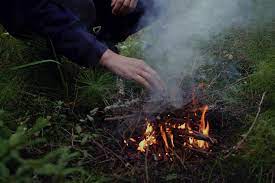 42. sleep outside /sliːp aʊtˈsaɪd/ (v.phr) ngủ bên ngoài We are going camping, so we sleep outside. (Chúng tôi đang đi cắm trại, vì vậy chúng tôi ngủ bên ngoài.) 43. watch the stars /wɒtʃ ðiː stɑːr/ (v.phr) ngắm sao We have a telescope, so we can watch the stars. (Chúng tôi có kính viễn vọng, vì vậy chúng tôi có thể ngắm các vì sao.)  44. (v) khám phá They discover unusual plants on the last day. (Họ phát hiện ra những loài thực vật khác thường vào ngày cuối cùng.) V. SPEAKING 45. 46.  47. 48. (v) chạy ra khỏi I ran out of my house immediately. (Tôi chạy ra khỏi nhà ngay lập tức.) 49. (v) tránh xa I thought it was good to stay away from the buildings and houses, (Tôi nghĩ thật tốt khi tránh xa những tòa nhà và ngôi nhà.) 50. (n) phong tỏa I didn’t buy food for the COVID- 19 lockdown. (Tôi đã không mua thức ăn cho đợt phong tỏa do COVID-19.) 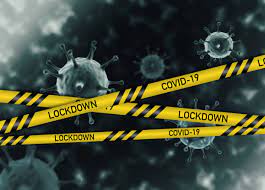 VI. WRITING 51. (n) báo cáo Write a report about a natural disaster that people know well or have experienced. (Viết một báo cáo về một thảm họa thiên nhiên mà mọi người biết rõ hoặc đã trải qua.) 52. (n) thiếu, cạn kiệt The rice crop died due to the shortage of water. (Lúa bị chết do thiếu nước.) 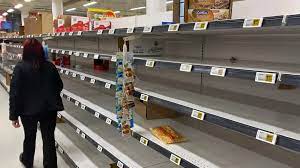 53. (adv) hàng ngày Many people had to buy water for daily use at a very high price. (Nhiều người dân đã phải mua nước sinh hoạt với giá rất cao.) 54. (v) vượt qua, khắc phục To overcome this situation, hundreds of volunteers brought water tanks to help affected people in the drought areas. (Để khắc phục tình trạng này, hàng trăm tình nguyện viên đã mang thùng nước đến giúp người dân vùng hạn hán bị ảnh hưởng.) 55. (adj) cứu hộ Rescue workers came to help local people. (Lực lượng cứu hộ đến giúp đỡ người dân địa phương.) 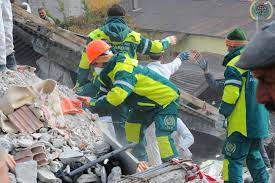 56. (n) tâm chấn Buildings in the epicenter area with weak walls experienced cracks and some houses collapsed. (Các tòa nhà ở khu vực tâm chấn có tường yếu bị nứt và một số ngôi nhà bị sập.) 57. (adj) rung lắc People could clearly feel a strong shaking. (Mọi người có thể cảm nhận rõ ràng một sự rung chuyển mạnh mẽ.) 58. (v) sụp đổ Buildings in the epicentre area with weak walls experienced cracks and some houses collapsed. (Các tòa nhà ở khu vực tâm chấn có tường yếu bị nứt và một số ngôi nhà bị sập.)
|















